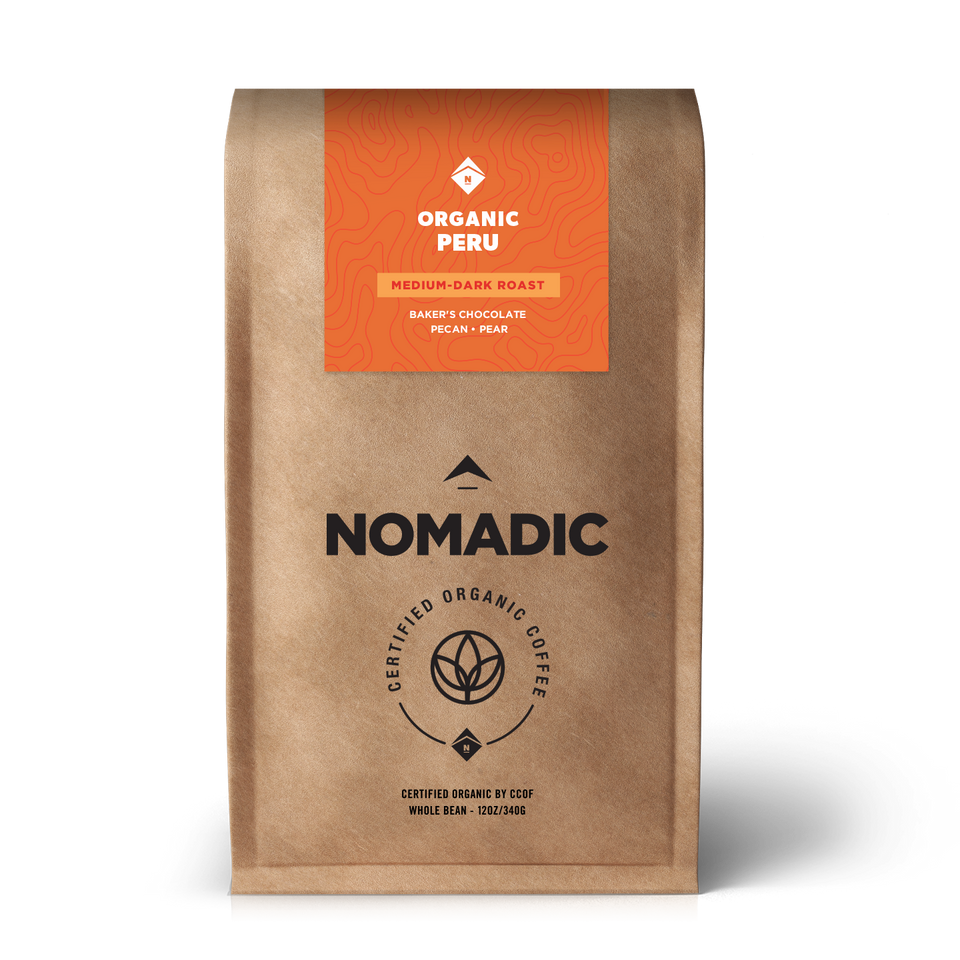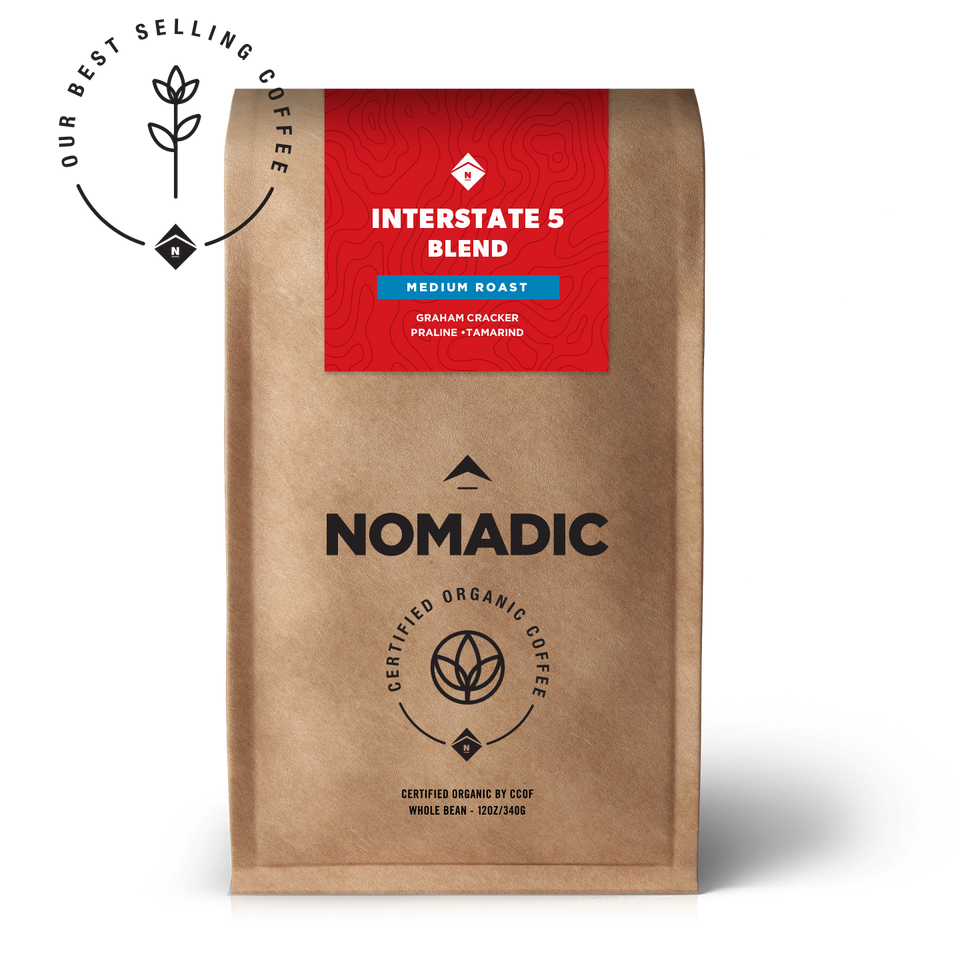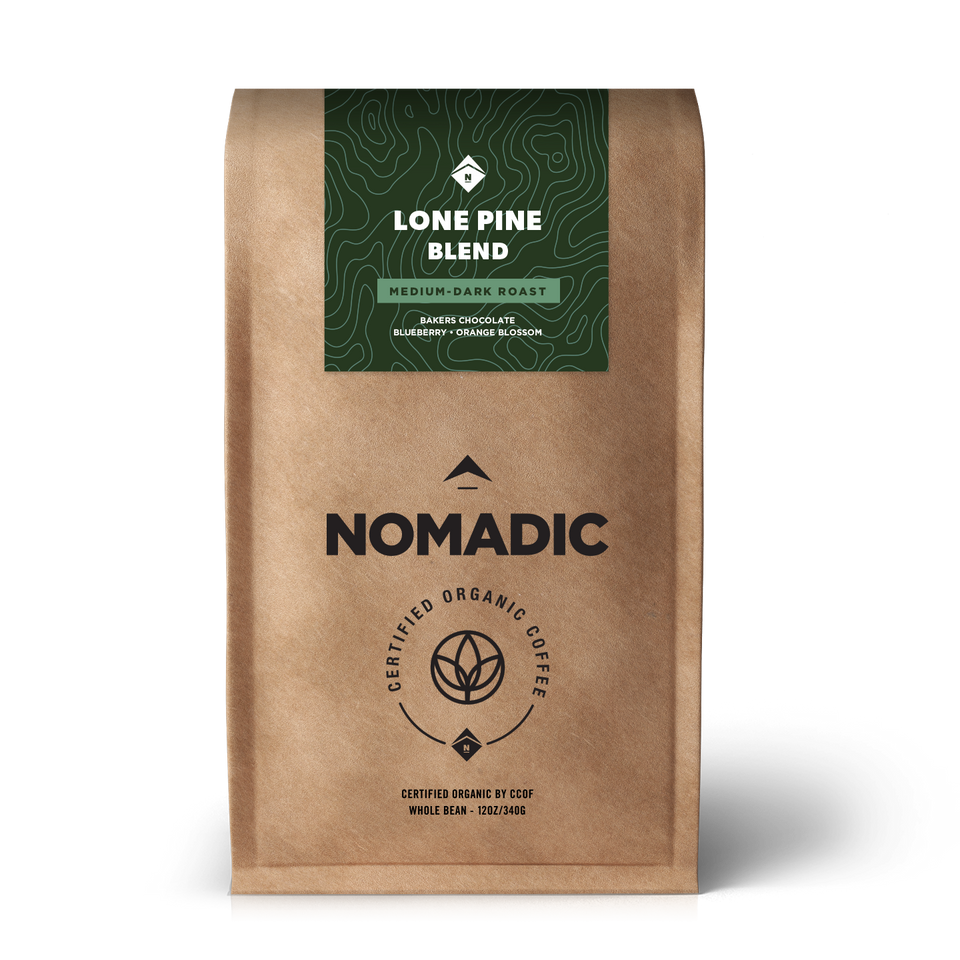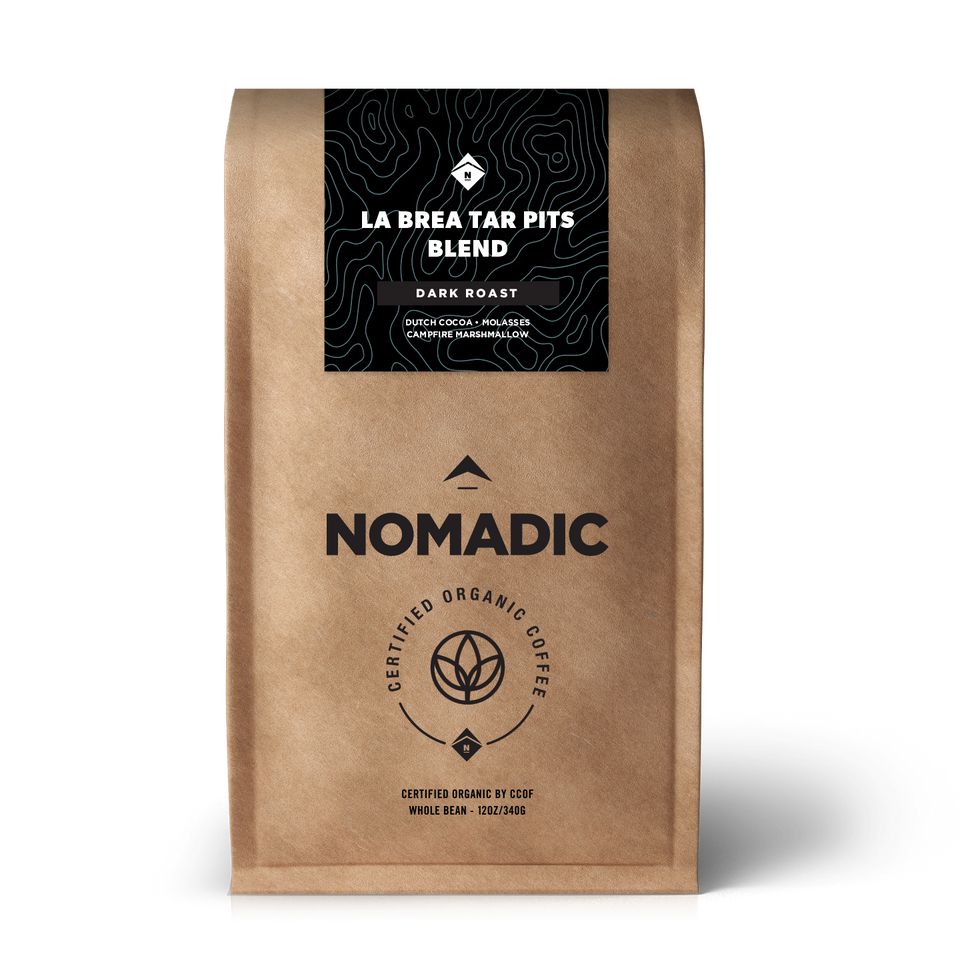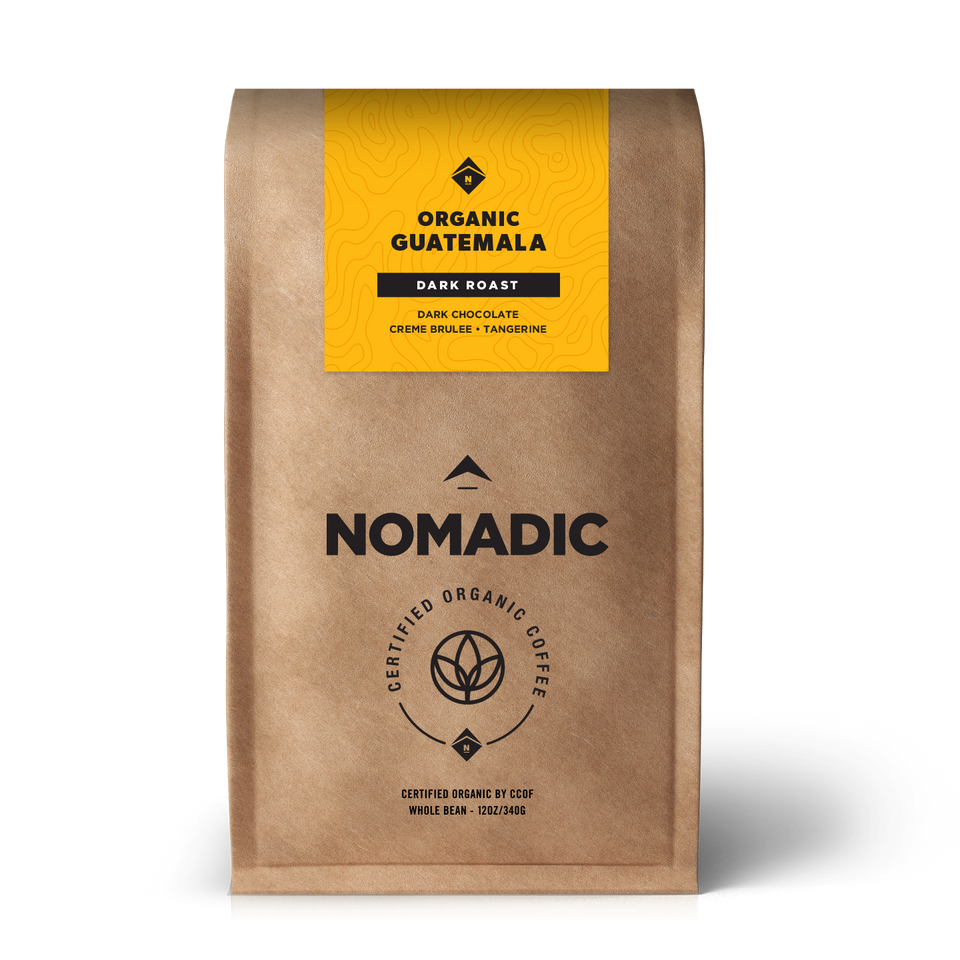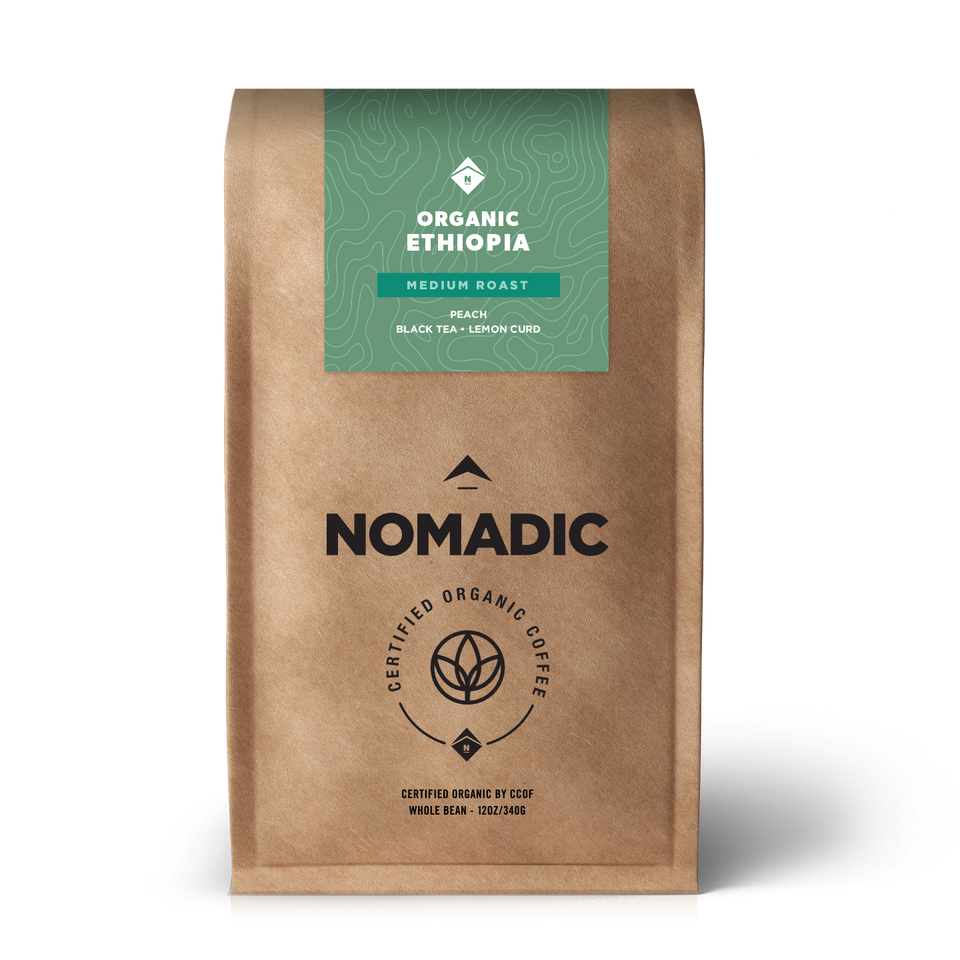Organic Peru Cajamarca Aromas del Valle
Medium Roast
$19.50| Tasting Notes |
Granny Smith Apple / Cedar / Cocoa |
FARMER DETAILS
| Origin | Peru |
| Region |
San Ignacio, Cajamarca |
| Cooperative |
Aroma del Valle Small Farms |
| Soil | Clay Minerals |
| Processing | Fully washed and dried in the sun |
| Harvest | July - September |
| Altitude | 1600 - 2100 masl |
| Variety |
Bourbon, Catimor, Caturra, Pache, and Typica |
| Certifications | Organic & Fair Trade |
| About The Bean |
In Peru the bulk of coffee production comes from small farms owned and managed by people who follow organic farm management practice attuned to their cultural connection with the land. Producers typically cultivate coffee on just a few acres of land intercropped with shade trees, bananas, corn, and beans. They carefully harvest and sort cherries before depulping, fermenting, washing, and drying the coffee using their own micro-mills.
While producers design farm management and post-harvest solutions to fit their needs, they also need a strong alliance to bring their coffee to the international market and earn fair prices. Aroma del Valle, an organization established to assist small producers access the specialty coffee market carries out activities that often go unnoticed but are crucial for small producers. Investments for basic infrastructure needs, like road improvements, establishing local warehouses, and preparing coffee for export are all coordinated through Aroma del Valle, which ensures traceability and quality control throughout the post harvest process. Aroma del Valle also helps farmers navigate the organic certification process. |

|
FREE SHIPPING ON ORDERS $30 MORE

